
Paul Dubois was a French sculptor and painter from Nogent-sur-Seine. His works were mainly sculptures and statues, and he was also a portrait painter.
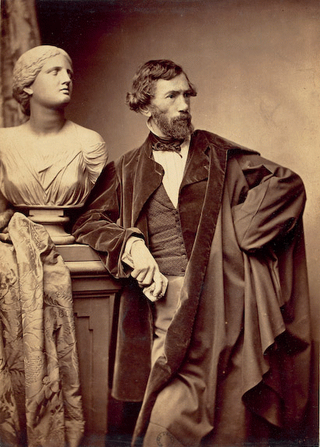
François Jouffroy was a French sculptor.
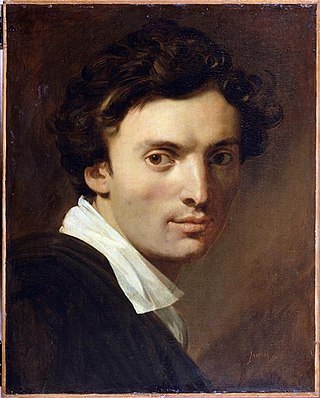
Jean-Pierre Cortot was a French neoclassical sculptor.

Antoine-Augustin Préault was a French sculptor of the "Romantic" movement. Born in the Marais district of Paris, he was better known during his lifetime as Auguste Préault.

Aizy-Jouy is a commune in the department of Aisne in the Hauts-de-France region of northern France.

Auguste-Barthélemy Glaize (1807–1893) was a French Romantic painter of history paintings and genre paintings.
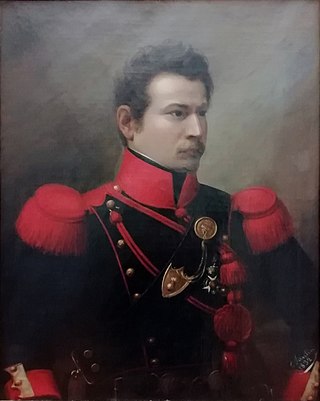
Victor Sappey, also known as Pierre-Victor Sappey, was a French sculptor.

Félix-Alexandre Desruelles was a French sculptor who was born in Valenciennes in 1865. He was runner up for the Prix de Rome in 1891, won the Prix national des Salons in 1897 and a Gold Medal at l'Exposition Universelle in 1900. He died in La Flèche in 1943. He was a member of the Institut de France and of the Académie des Beaux-Arts.
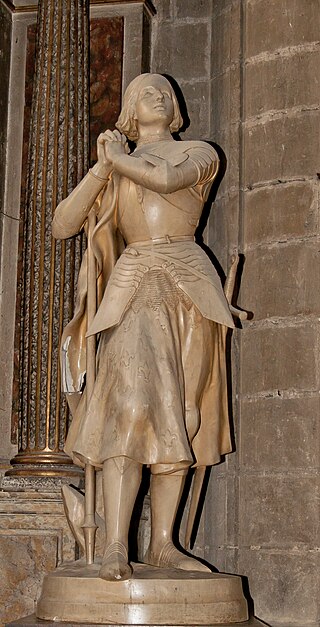
Charles Desvergnes (1860–1928) was a French sculptor.
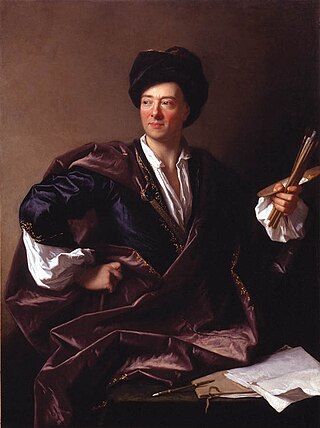
François-Alexandre Verdier was French painter, draftsman and engraver. He was a student and assistant of Charles Le Brun.
Paul Gondard (1884–1953) was a French sculptor.

Julie Charpentier (1770–1843) was a French sculptor.

Madonna and Child with St Rose and St Catherine is a c.1490–1492 tondo oil on panel painting by Pietro Perugino and Andrea Aloigi. It shows the Madonna and Child with Rose of Viterbo and Catherine of Alexandria surrounded by angels It was sold from the collection of William II of the Netherlands in 1850 to the Louvre, where it now hangs.












